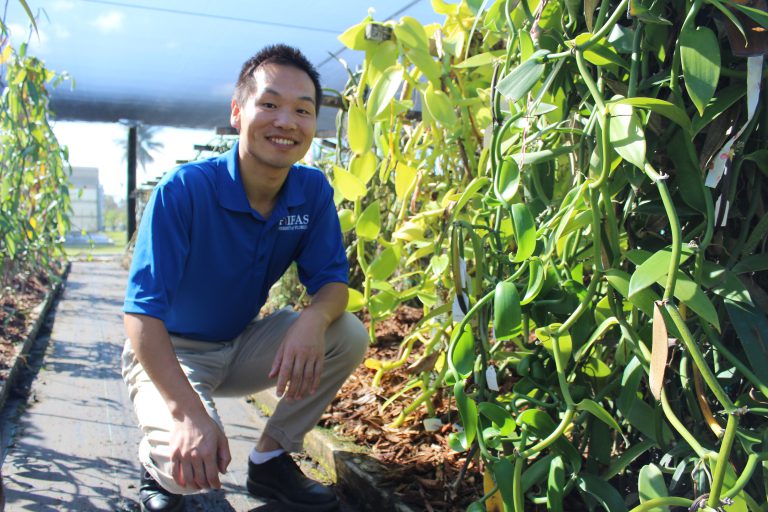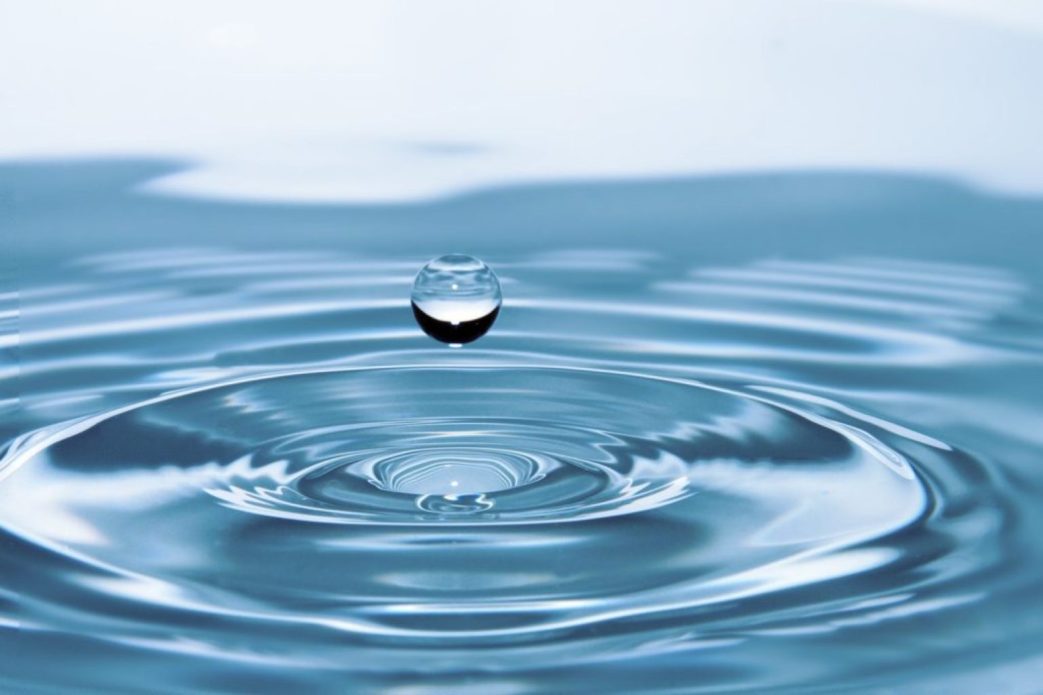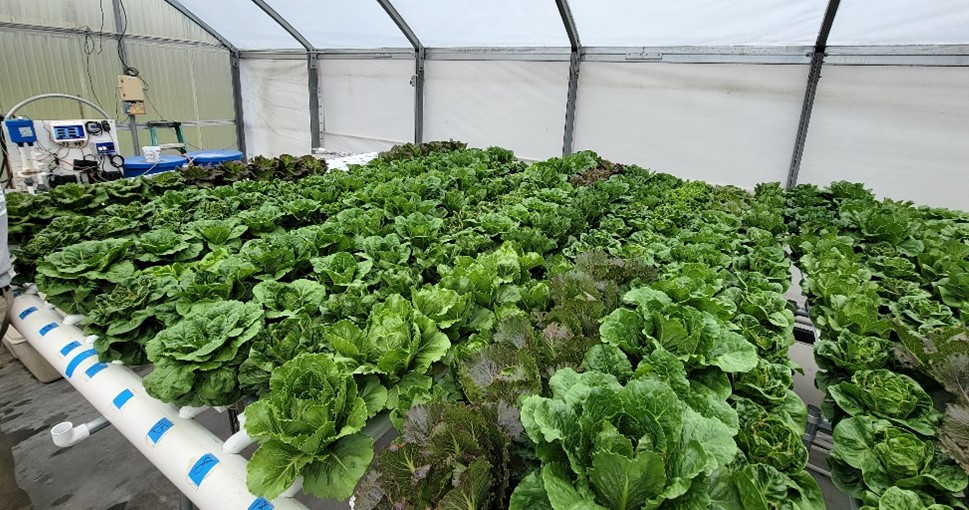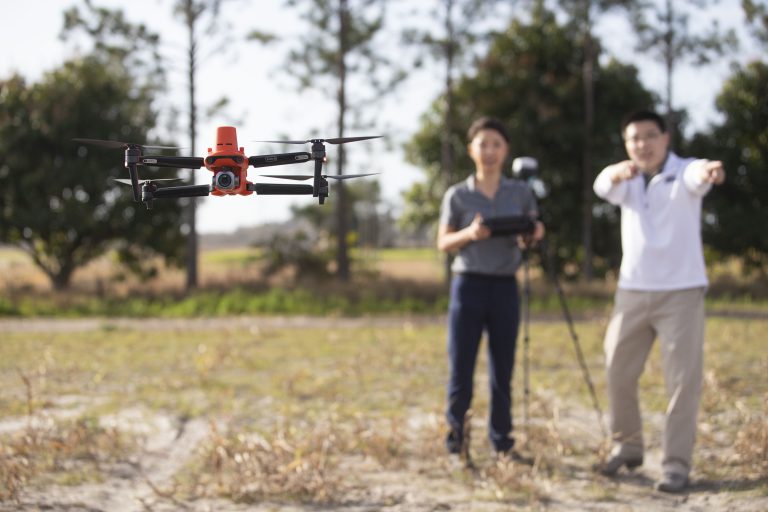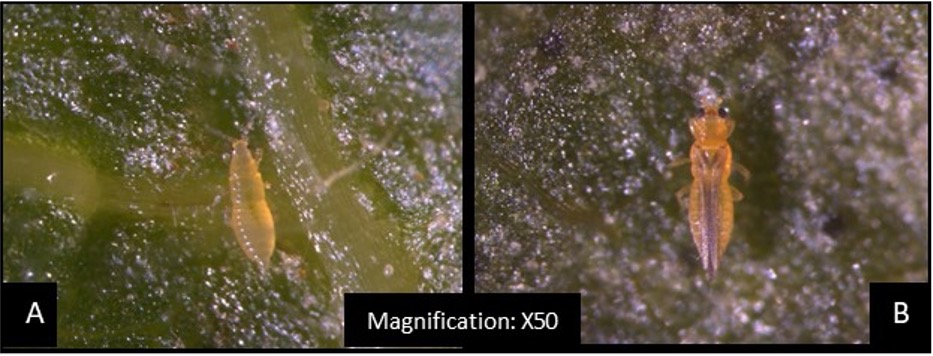Vanilla takes the crown as the second most valuable spice (after saffron) and the world’s most popular flavor among consumers. University of Florida researchers in Homestead are on the verge of developing a domestic vanilla industry, poised to transform agriculture in Florida, Puerto Rico and the U.S. Virgin Islands for interested small growers and investors. Thanks to nearly $400,000 in grants from …
Hurricane Idalia Recovery: Well Water Safety After Natural Disaster
After Hurricane Idalia, is your well water safe to use? If your private well or septic system is damaged during the storm, your well water may be contaminated with harmful bacteria. To avoid getting sick, make sure you boil or disinfect your water before using it for drinking, making ice, brushing teeth, cleaning wounds or cooking. Boil water for at …
Relay Cropping Efficient Way to Produce Specialty Crops
By Clint Thompson An innovative way of producing specialty crops provides Florida growers a more efficient, and potentially, a more sustainable way of farming. Nathan Boyd, University of Florida Institute of Food and Agricultural Sciences (UF/IFAS) professor of horticulture and weed science, focused on the topic of relay cropping during his presentation at the Citrus and Specialty Crop Expo. Relay …
Growing Lettuce in Non-Traditional Areas of Florida
Each year, U.S. farmers produce enough lettuce to feed everyone in the country. Up to 73% of U.S. lettuce comes from California producers and is distributed nationwide through extensive retail chains. Lettuce grown in Florida accounts for 3% of the national total and has a unique market window during the winter months. Traditionally, Florida lettuce has been grown between October …
Interim Senior Vice President: UF/IFAS Vision is to Become Silicon Valley of Agriculture
By Clint Thompson A legislative success story this year for the University of Florida Institute of Food and Agricultural Sciences (UF/IFAS) will help pave the way for the future of agriculture. Rob Gilbert, interim senior vice president at UF/IFAS, discussed the financial backing that was provided to support the new artificial intelligence (AI) center at the Gulf Coast Research and …
Soil Sampling Timing Critical in Nematode Management
By Clint Thompson Soil sampling can be an integral part of a farmer’s planning for nematode management for the upcoming season. But growers should know when is the proper time to conduct soil samples. Johan Desaeger, assistant professor of entomology and nematology at the University of Florida Institute of Food and Agricultural Sciences (UF/IFAS) Gulf Coast Research and Education Center, …
Strawberry Growers Can Be More Efficient When Managing Chilli Thrips
By Clint Thompson University of Florida Institute of Food and Agricultural Sciences (UF/IFAS) research into chilli thrips provides a more accurate way for strawberry growers to manage this annual problem. Producers can now be more efficient in controlling thrips populations. Sriyanka Lahiri, University of Florida Institute of Food and Agricultural Sciences (UF/IFAS) assistant professor of entomology and nematology at the …
Increase in North Florida Watermelon Acres Next Year? Not So Fast
By Clint Thompson A productive and prosperous watermelon season in North Florida last spring does not guarantee increased acres next year. Bob Hochmuth, University of Florida Institute of Food and Agricultural Sciences (UF/IFAS) Regional Specialized Extension agent in Live Oak, Florida, explains why one of the most successful seasons in recent memory will not necessarily lead to more watermelon acres …
UF/IFAS to Feature Sessions, Educational Booth at Florida Citrus Expo
LAKE ALFRED, Fla. – The University of Florida Institute of Food and Agricultural Sciences (UF/IFAS) citrus researchers and Extension program staff will provide multiple educational programs at the 2023 Florida Citrus Expo, scheduled for Aug. 16-17. Faculty and staff will participate on both days of the Expo, sharing the latest research updates and engaging activities for commercial growers. UF/IFAS Interim …
UF/IFAS Research: Lahiri Studies Chilli Thrips on Borders of Fields
By Clint Thompson University of Florida Institute of Food and Agricultural Sciences (UF/IFAS) research has yielded confirmation on why chilli thrips are an annual problem for strawberry growers, especially early in the season. Sriyanka Lahiri, University of Florida Institute of Food and Agricultural Sciences (UF/IFAS) assistant professor of entomology and nematology at the Gulf Coast Research and Education Center, talked …










